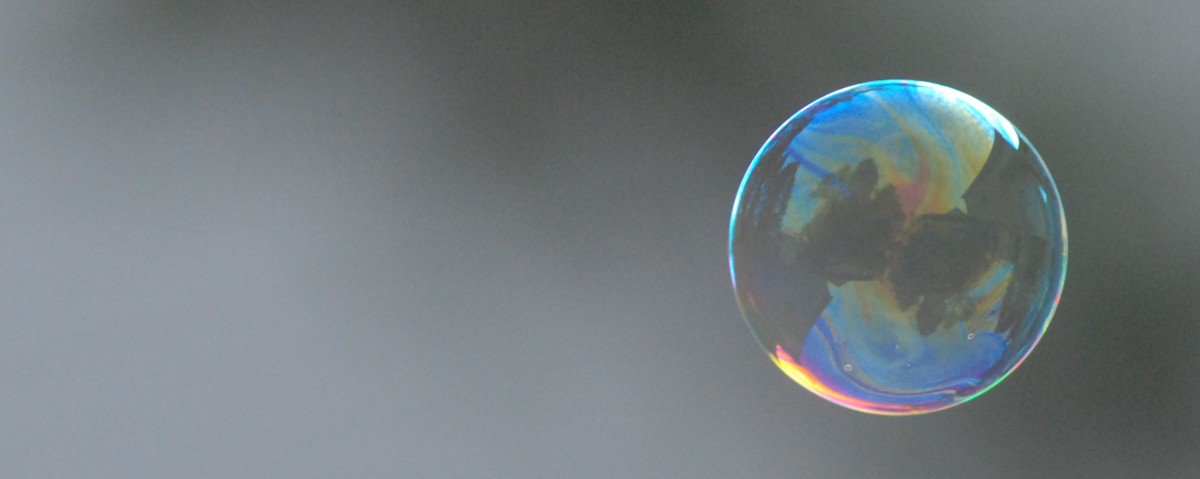The statement warns that users are simply a ‘product’ to Facebook, claiming their reactions to posts are helping the social networking giant build up a profile of them. As a result of the profiling, the site will target ads it thinks users will be more receptive to based on how they are reacting to specific posts at the time.
“By limiting the number of icons to six, Facebook is counting on you to express your thoughts more easily so that the algorithms that run in the background are more effective,” the police said. “By mouse clicks you can let them know what makes you happy.”
Quite so - I am probably sharing this essay for the third time but it's brilliant and transcends its subject matter entirely:
http://thenewinquiry.com/blogs/marginal ... reactions/The “people” they are listening to are not just users but other advisers and researchers. The “more ways” to react is actually a limited set, premised on the notion that users would rather click a button than use language to express their feelings. And one’s feelings about some piece of content are typically a mixture that one may not be able to sort out: Maybe jealousy is mixed with congratulations; joy mixed with anxiety; a sense of discovery mixed with a sense of shame. The design of Facebook’s Reactions repudiates the possibility of such ambivalence, suggesting mixed feelings are abnormal, atypical. It presumes we have an immediate, precise response.
As several commentators have pointed out, the new Reactions feel more constricting and prescriptive than the Like button ever did. A Like, when it was the uniform currency of attention in Facebook, had a certain ambiguity: It could be spent on anything. But the greater precision of these Reactions says you can spend your attention in only six ways.
Accessing the Reactions menu does not make using Facebook easier or quicker, but more cumbersome. Rather than the binary process of saying yes or no to “liking” content, users now have a two-step process in which they decide to “react” and then pick a reaction. Then they have to get to the menu itself — a few seconds, but an eternity by Facebook’s own standards of time management. After all, this is a company that rolled out Instant Articles because it believes a few seconds is too long for users to wait for content.
I find it increasingly difficult to justify the thin shreds of rationalizations I maintain in order to participate: access to family x a captive audience for trolling.
Big Blue definitely takes far more than it could ever give.
 . Google the tech support number, call and tell them you disagree and that is how your daughter or something gets a hold of you and you are trying to plan a surprise party for her. Make something up. Fuck what FB wants you to say or do. I use the Internet on my own terms not theirs. But being screamed at by someone in some obviously Indian call center is good fun.
. Google the tech support number, call and tell them you disagree and that is how your daughter or something gets a hold of you and you are trying to plan a surprise party for her. Make something up. Fuck what FB wants you to say or do. I use the Internet on my own terms not theirs. But being screamed at by someone in some obviously Indian call center is good fun.










